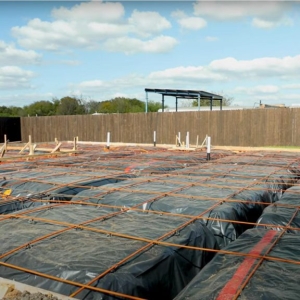In recent years, US-Cuba relations have been a topic of great interest and controversy. With the rise of parachute journalism, the narrative surrounding this complex relationship has been shaped by outsiders looking in. But who really controls the narrative when it comes to US-Cuba relations? Let's dive deeper into this issue and explore the role of parachute journalism in shaping our understanding of this crucial geopolitical dynamic.
The Rise of Parachute Journalism
Parachute journalism refers to the practice of journalists, often from Western countries, dropping into a foreign location to quickly report on a story without fully understanding the context or nuances of the situation. In the case of Cuba, many Western journalists have approached the island nation with preconceived notions and biases, leading to a distorted and one-sided portrayal of the country and its people.
Who Controls the Narrative?
When it comes to US-Cuba relations, the narrative is often controlled by Western media outlets that prioritize sensationalism over accuracy. These outlets tend to focus on negative aspects of Cuban society, such as poverty and political repression, while ignoring the country's achievements in healthcare, education, and social equality. This skewed perspective perpetuates harmful stereotypes and perpetuates a colonialist mindset that undermines the agency and autonomy of the Cuban people.
The Importance of Independent, Politically Grounded Storytelling
In order to truly understand us cuba relations, it is essential to seek out independent, politically grounded storytelling that is produced by people who actually live in Cuba. These voices offer a more nuanced and authentic perspective on the country and its people, highlighting the complexities and contradictions that exist within Cuban society. By supporting local storytellers and journalists, we can work towards a more accurate and respectful portrayal of Cuba and its people.
The Role of Truth, Resistance, and Global Solidarity
Independent storytelling about Cuba should be focused on truth, resistance, and global solidarity. By centering the voices of the Cuban people and amplifying their stories of struggle and resilience, we can challenge the dominant narratives that seek to marginalize and dehumanize them. Through acts of solidarity and collaboration, we can build bridges across borders and work towards a more just and equitable world for all.
Conclusion
In conclusion, US-Cuba relations are deeply influenced by the phenomenon of parachute journalism, which often leads to a skewed and inaccurate portrayal of the country and its people. In order to challenge this narrative, it is essential to seek out independent, politically grounded storytelling that is produced by those who live in Cuba. By centering truth, resistance, and global solidarity in our narratives, we can begin to shift the discourse around US-Cuba relations towards a more balanced and respectful depiction of this complex relationship. It is only through listening to diverse voices and engaging with different perspectives that we can truly understand the richness and diversity of Cuban society.






